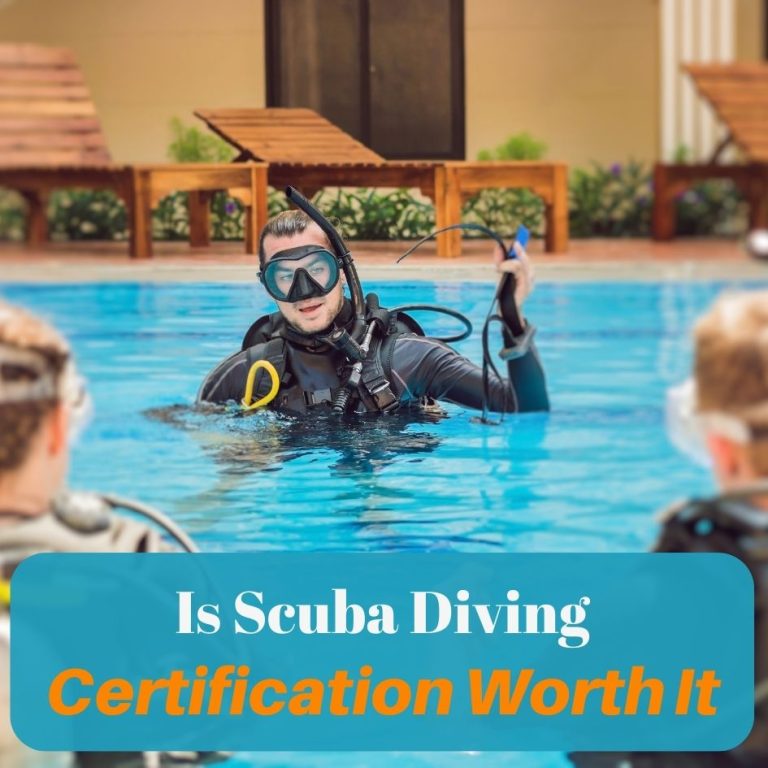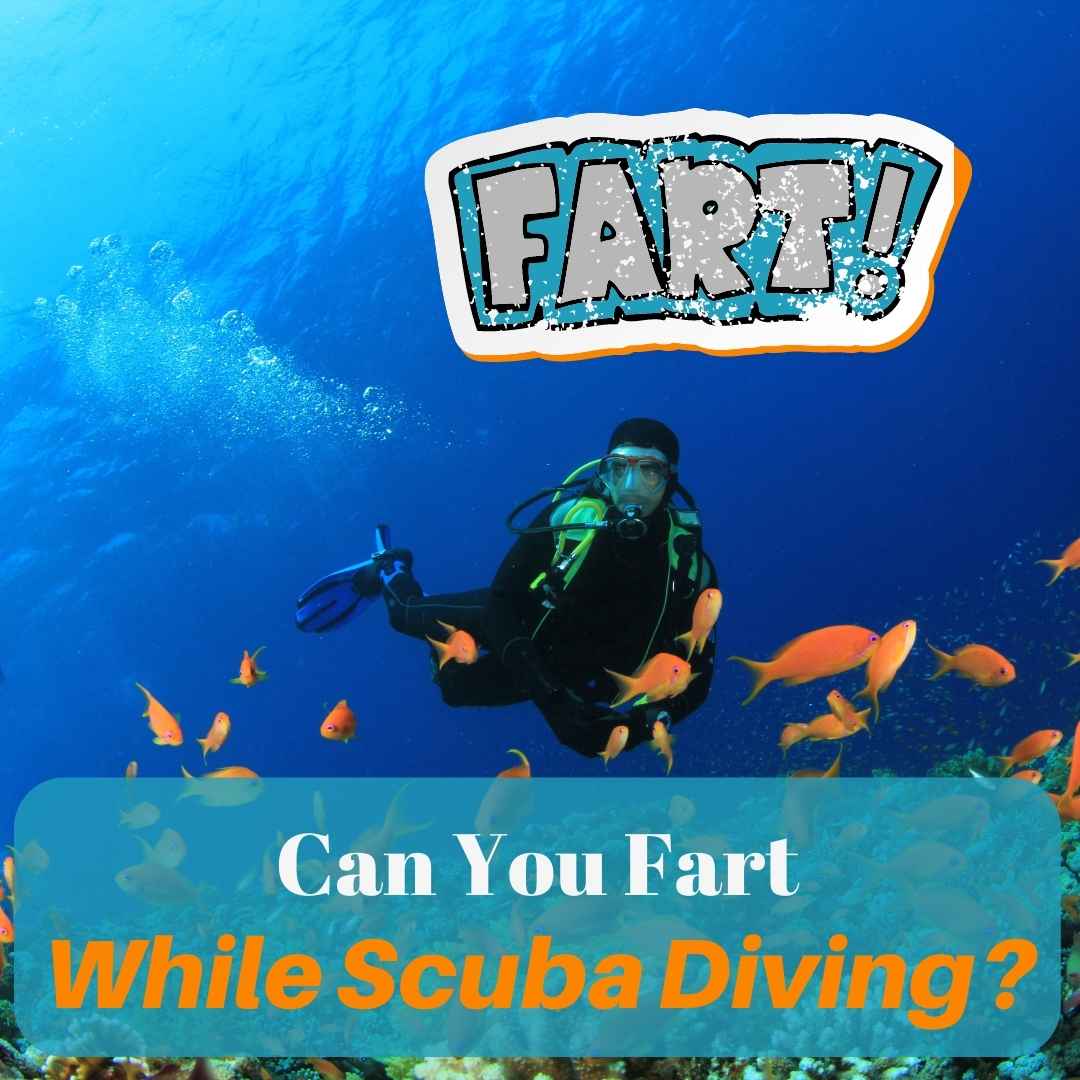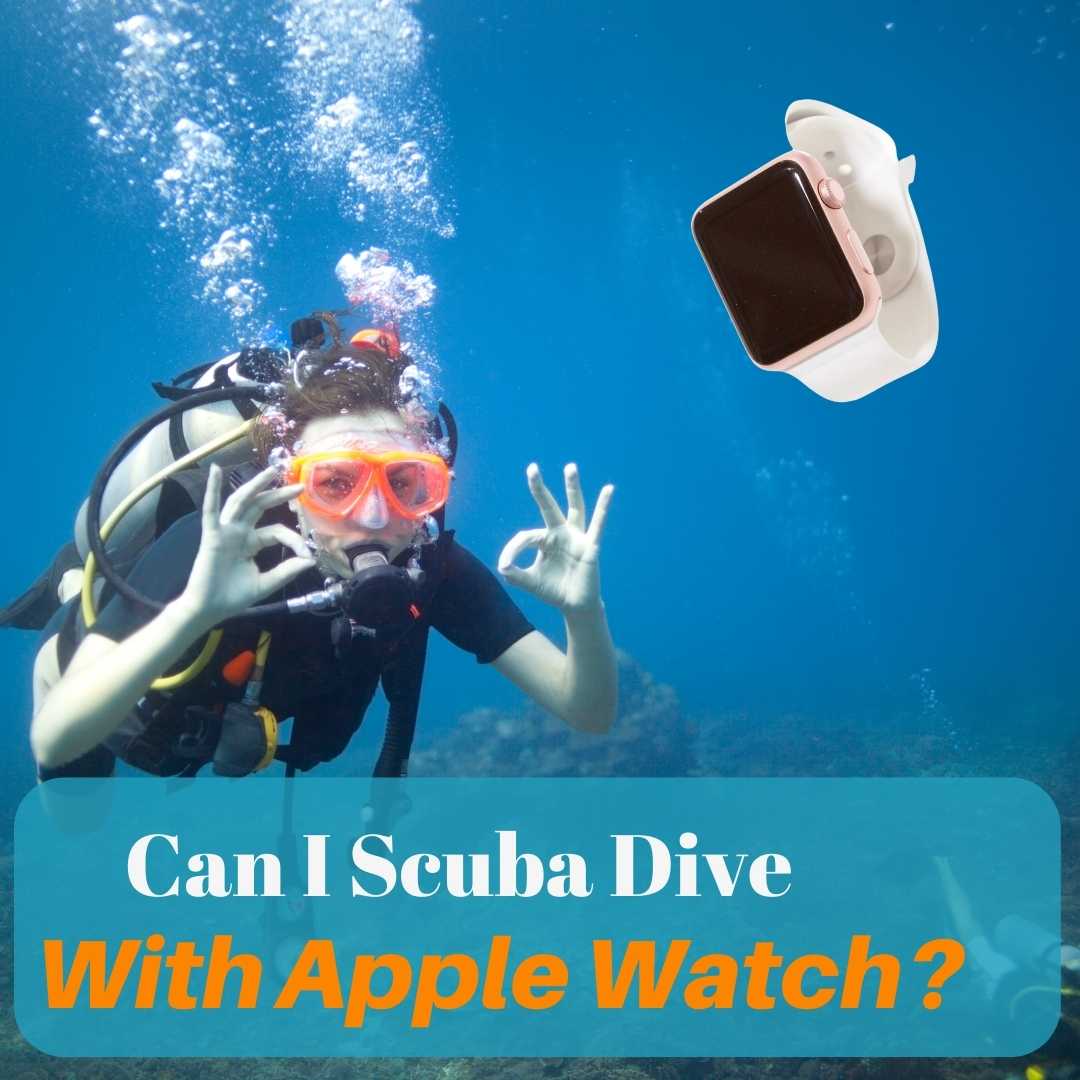Scuba diving certification is often considered a gateway to exploring the underwater world freely and safely. Most dive shops and tour operators require a certification as proof of a diver’s skill level, ensuring that anyone renting equipment or participating in dives is adequately prepared for the challenges of the underwater environment. Certification courses, such as the PADI Open Water Diver course, prepare divers with the necessary skills and knowledge, including understanding safety protocols, equipment use, and underwater navigation.

From a practical standpoint, obtaining scuba certification is an investment in personal development and safety. Not only does the certification process equip divers with essential skills, but it also enhances their experience by providing a deeper appreciation for marine ecosystems and the life within them. The certification, while requiring time, effort, and money, often pays off by giving divers the confidence and freedom to dive globally without direct supervision. It enables access to a wide range of dive sites that are otherwise inaccessible to non-certified individuals.
Table of Contents
Key Takeaways
- Scuba certification enables access to rental gear and dive sites.
- The course offers crucial safety and skills training for divers.
- Certification is a valuable investment for unrestricted diving experiences.
The Value of a Scuba Diving Certification
Scuba diving certification opens up a world of underwater exploration, offering both practical benefits and enriching opportunities. From ensuring safety to providing access to breathtaking dive sites, the significance of being certified is multifaceted.
Safety and Skills
Certification equips divers with essential skills for managing underwater environments and potential hazards. Training programs follow structured curricula with safety as a paramount concern, ensuring divers are competent in:
- Use and maintenance of scuba gear
- Underwater communication and buoyancy control
- Emergency procedures and risk mitigation
Access to Exclusive Diving Sites
Certified divers gain entry to dive sites that are off-limits to non-certified individuals. These sites often include:
- Protected marine ecosystems
- Shipwrecks and underwater caves
- Deeper dives reaching beyond the beginner depths of 18 meters (60 feet)
Community and Networking
Being a certified diver opens doors to a global community where individuals can:
- Share experiences and knowledge
- Form lasting friendships with fellow enthusiasts
- Join clubs and organizations dedicated to diving and marine conservation
Equipment and Rental Advantages
Certification is frequently a prerequisite for renting scuba gear. Dive shops typically offer certified divers:
- A broader selection of high-quality equipment
- The option to rent gear without supervision
- Advice and recommendations tailored to experienced users
Find Out Next: When Was Scuba Diving Gear Invented?
The Investment Perspective

Obtaining a scuba diving certification is a financial commitment that can unlock deeper underwater experiences and ensure safety. This section assesses the costs involved and the value provided over time by such an investment.
Cost Analysis of Certification
The cost of getting scuba diving certified varies by region and training facility but typically ranges from $250 to $500 for the most basic level, which includes Open Water Certification. This foundational level is essential for all divers and allows them to dive up to 18 meters (60 feet). Advanced certifications, which permit diving to deeper depths (often up to 30 meters or 100 feet), can cost additional, sometimes similar amounts.
- Basic Certification (Open Water): $250 – $500
- Advanced Certifications (e.g., Advanced Open Water, Rescue Diver): $200 – $400 each
These costs generally include instruction, rental equipment, and certification fees. However, divers should note that additional costs may incur for personal equipment purchases and dive trips to complete the certification process.
Long-Term Benefits versus Initial Outlay
The initial outlay for scuba certification may seem high, but the long-term benefits often outweigh these costs. Certified divers gain access to:
- Diverse diving locations worldwide.
- Experiences with varied marine life, which are often found at depths beyond the basic certification limit.
- Opportunities for engaging in specialized dives, such as wreck or night diving, which may increase enjoyment and skill.
From a long-term perspective, the certification costs can be considered an investment in a hobby that offers years, if not decades, of exploration and enjoyment. Beyond personal fulfillment, the ability to dive deeper and more safely can lead to cost savings on guided dives, as certified divers often do not require the same level of supervision as uncertified participants.
Exploring the Underwater World

Scuba diving certification opens the door to exclusive encounters with diverse marine ecosystems and historic underwater sites. It also enhances global travel experiences by providing access to locations that are otherwise inaccessible.
Marine Life and Ecosystems
Scuba certification allows individuals to witness the spectacle of underwater life in its natural habitat. They will see coral reefs teeming with vibrant fish, encounter majestic sea turtles gliding through the water, and may even swim alongside gentle whale sharks.
- Coral Reefs: Home to 25% of all marine life, these underwater rainforests are hotspots for biodiversity.
- Open Ocean: Encounter pelagic species like dolphins and manta rays in their vast, blue domain.
Cultural and Historical Discoveries
Certified divers have the unique privilege to explore submerged ruins and shipwrecks, each with a story to tell. They can glide over the ruins of ancient civilizations or discover shipwrecks that have become habitats for sea life.
- Sunken Cities: Sites like the lost city of Cleopatra offer a glimpse into the past.
- Historic Wrecks: Such as the RMS Titanic and USS Oriskany serve as underwater museums.
Enhancing Travel Experiences
Certification enriches travel by unlocking new destinations and experiences only available to certified divers. They can join exclusive dive tours and access renowned dive sites worldwide, from Australia’s Great Barrier Reef to the cenotes of Mexico.
- Liveaboards: These specialized boats offer multi-day diving trips to remote locations.
- Dive Resorts: Many offer packages with guided dives on vibrant coral reefs or dramatic wall drop-offs.
Frequently Asked Questions

These FAQs address common concerns and provide clear insights into the value of PADI scuba diving certification.
What are the benefits of becoming PADI certified for diving?
PADI certification equips divers with essential knowledge and skills for safe diving practices. It also grants access to dive locations that may otherwise require proof of training.
How long is a typical scuba certification valid?
A scuba certification is generally valid for life, but divers should consider regular refresher courses to maintain their skills and stay updated on best practices.
Can you go scuba diving without being certified?
Diving without certification is possible at some locations with professional supervision, but certification is highly recommended for safety and access to a wider variety of dive sites.
What should beginners consider before deciding to get scuba certified?
Beginners should assess their physical health, comfort in water, and willingness to commit time for training before pursuing scuba certification.
What can you expect from the process of getting scuba certified?
The certification process includes knowledge development, confined water dives for skill practice, and open water dives to apply what has been learned.
Are there professional opportunities that come with being a certified scuba diver?
Being a certified diver opens career opportunities in fields such as underwater photography, dive instruction, research diving, and commercial diving activities.




